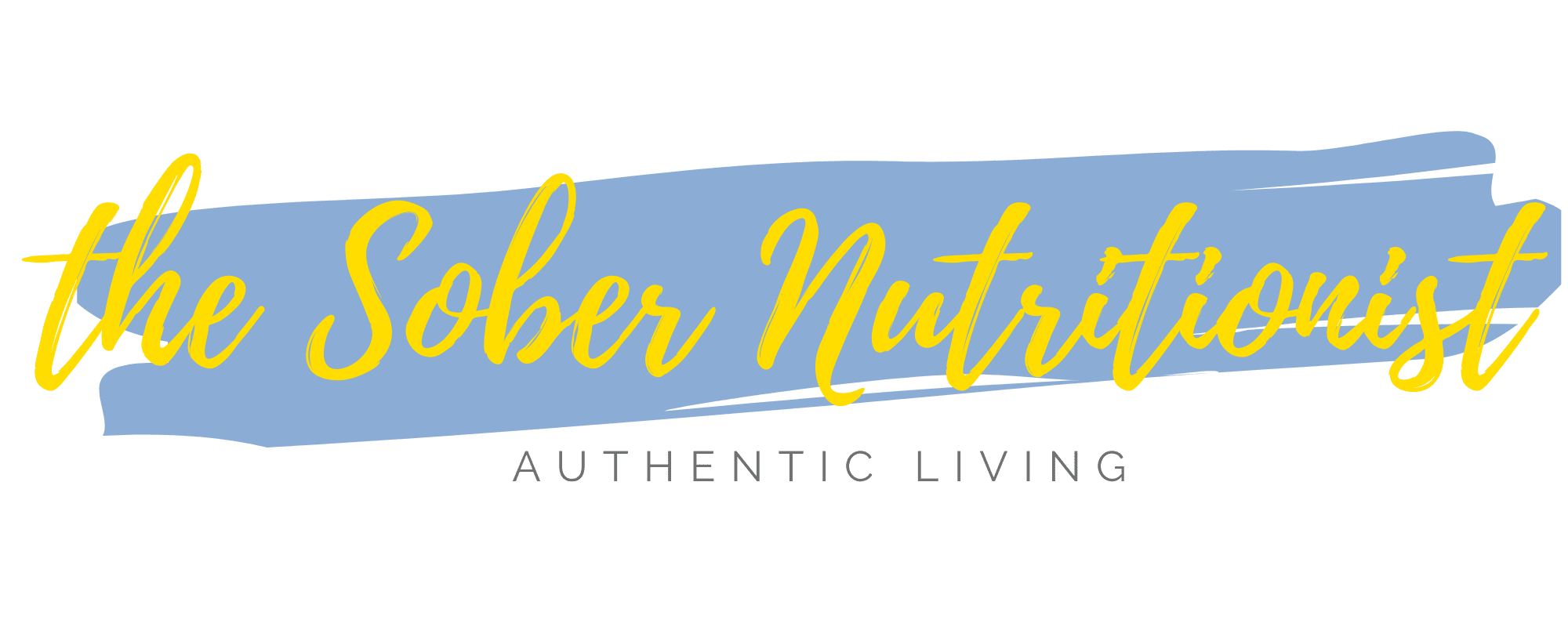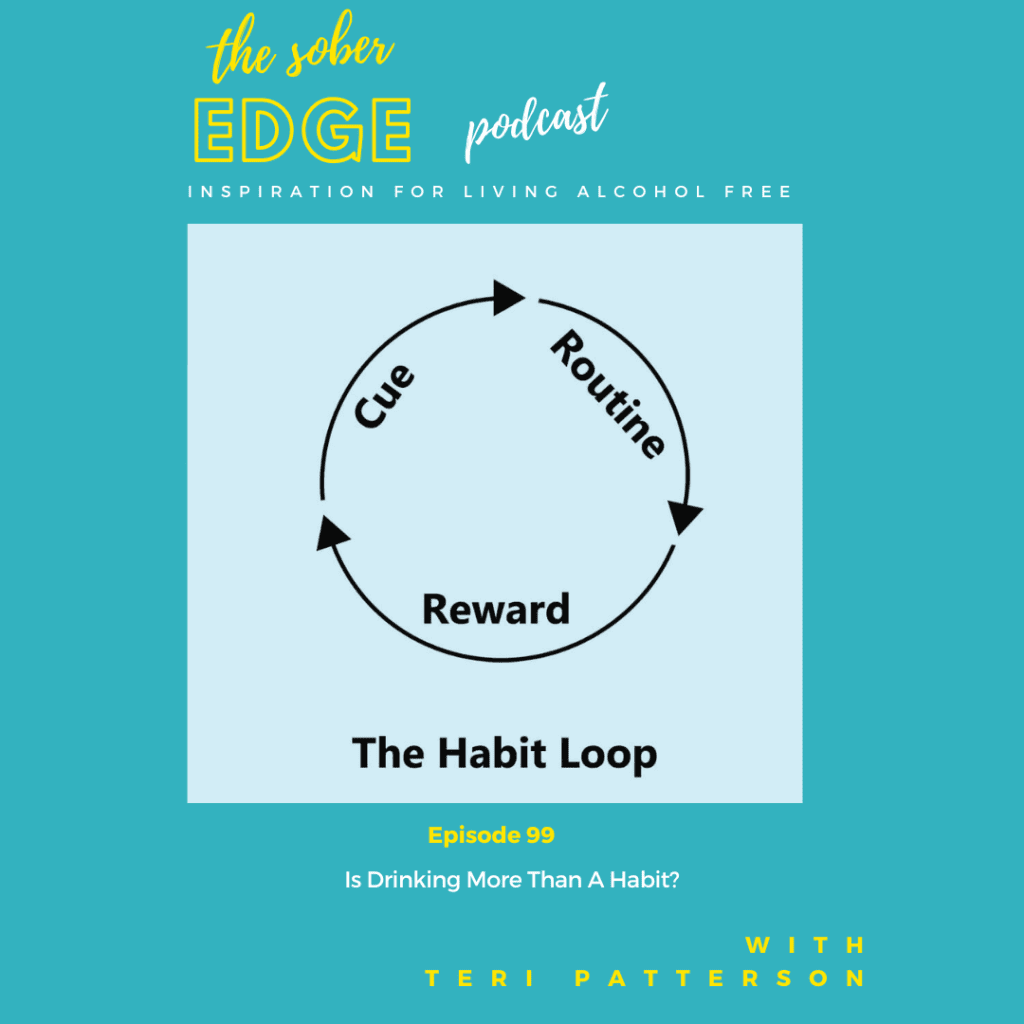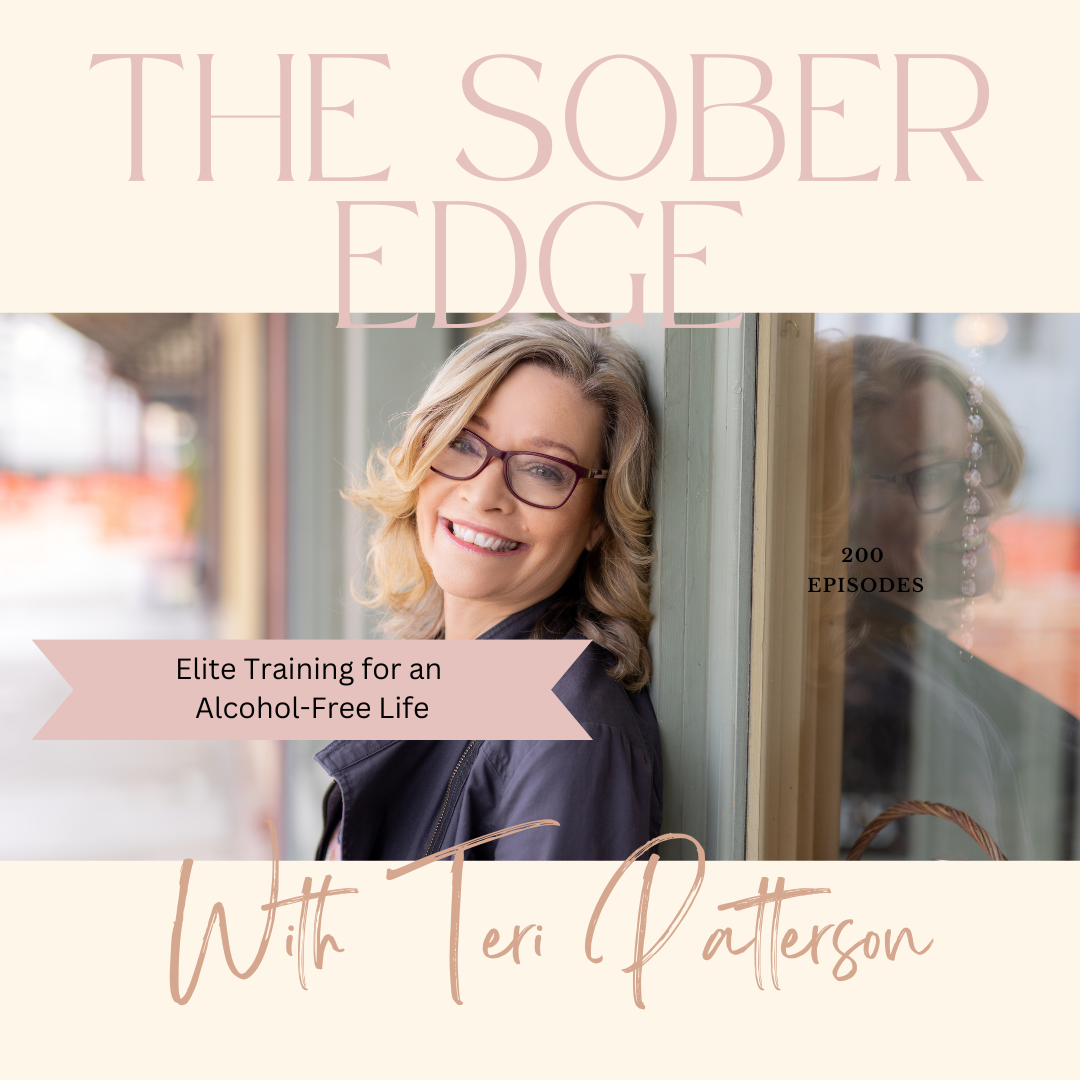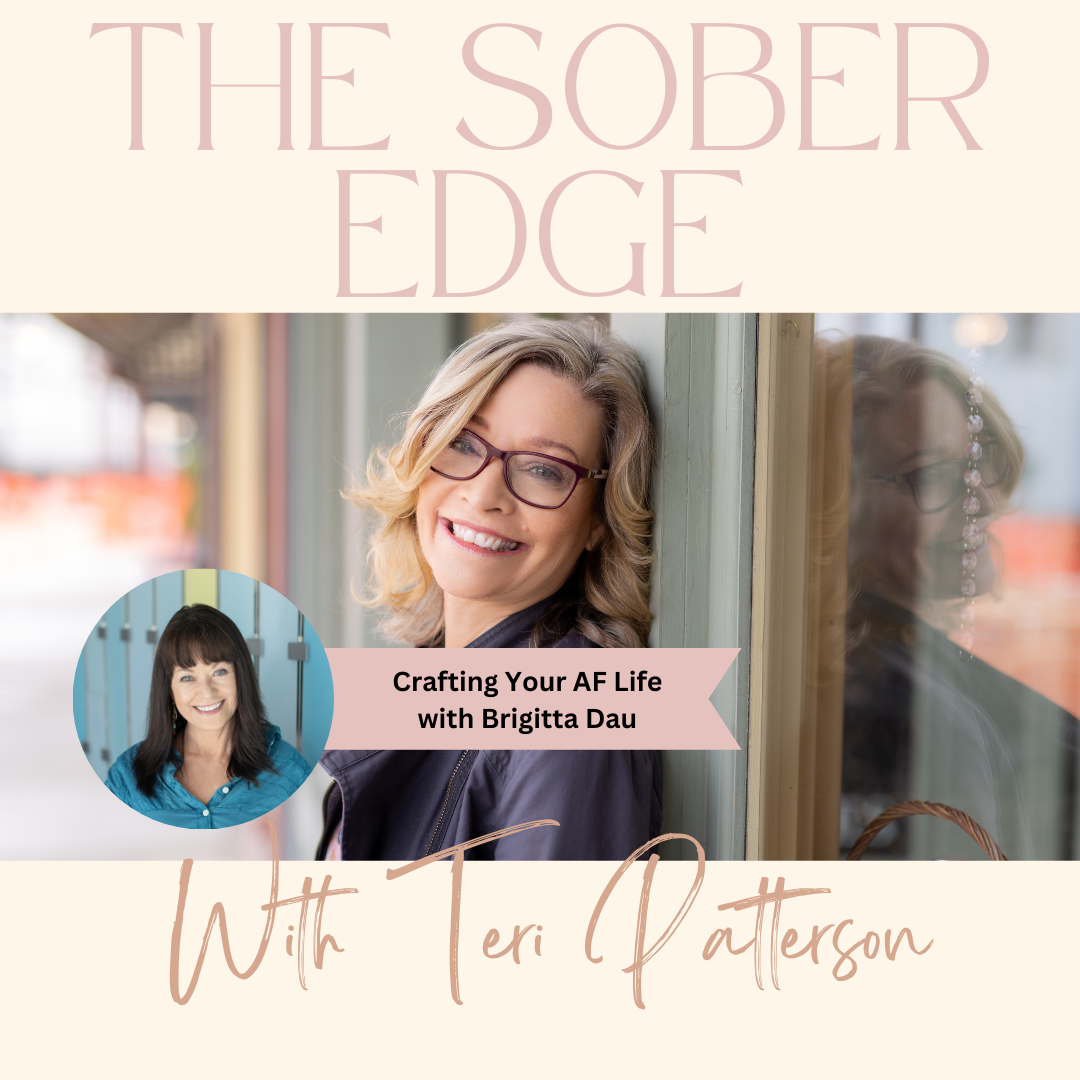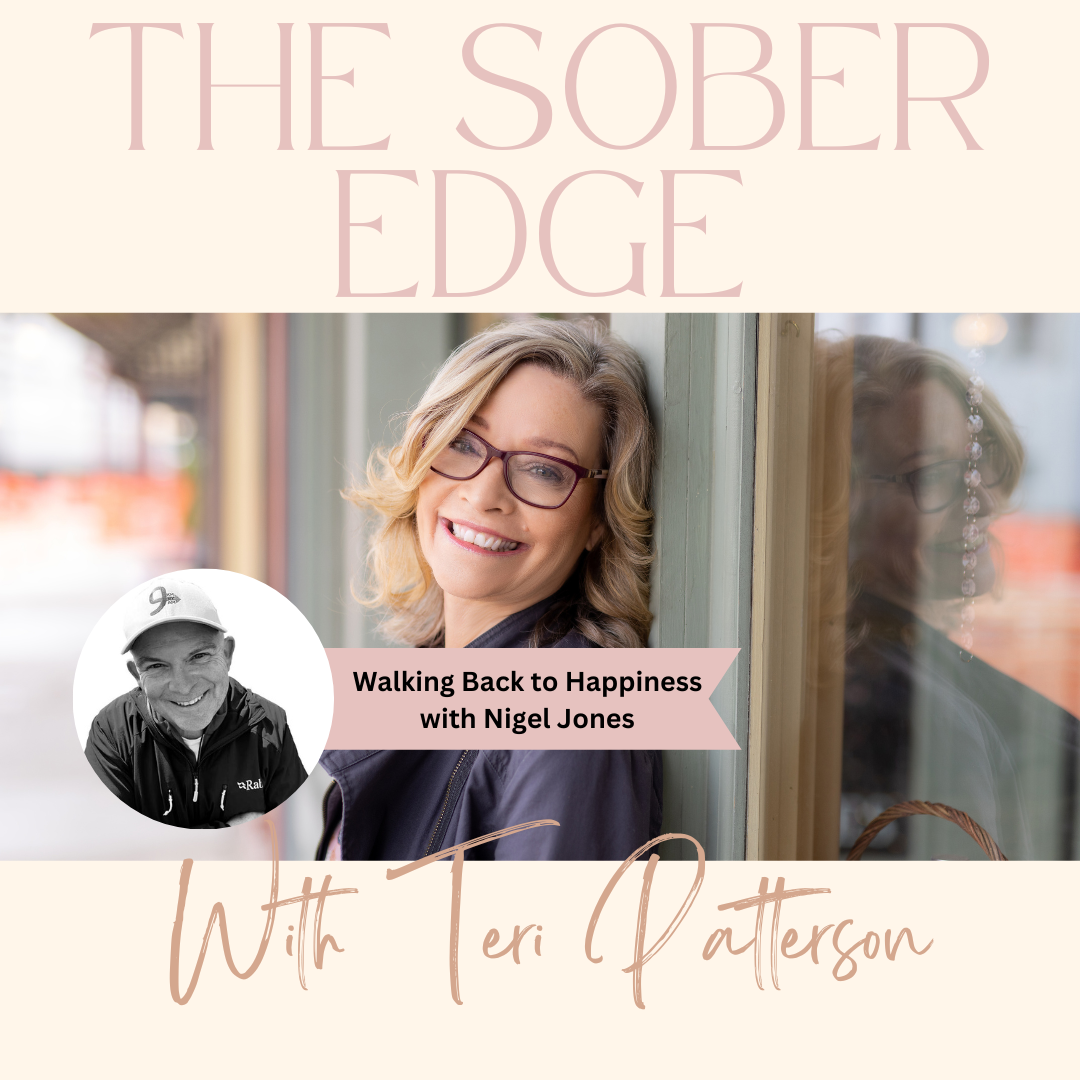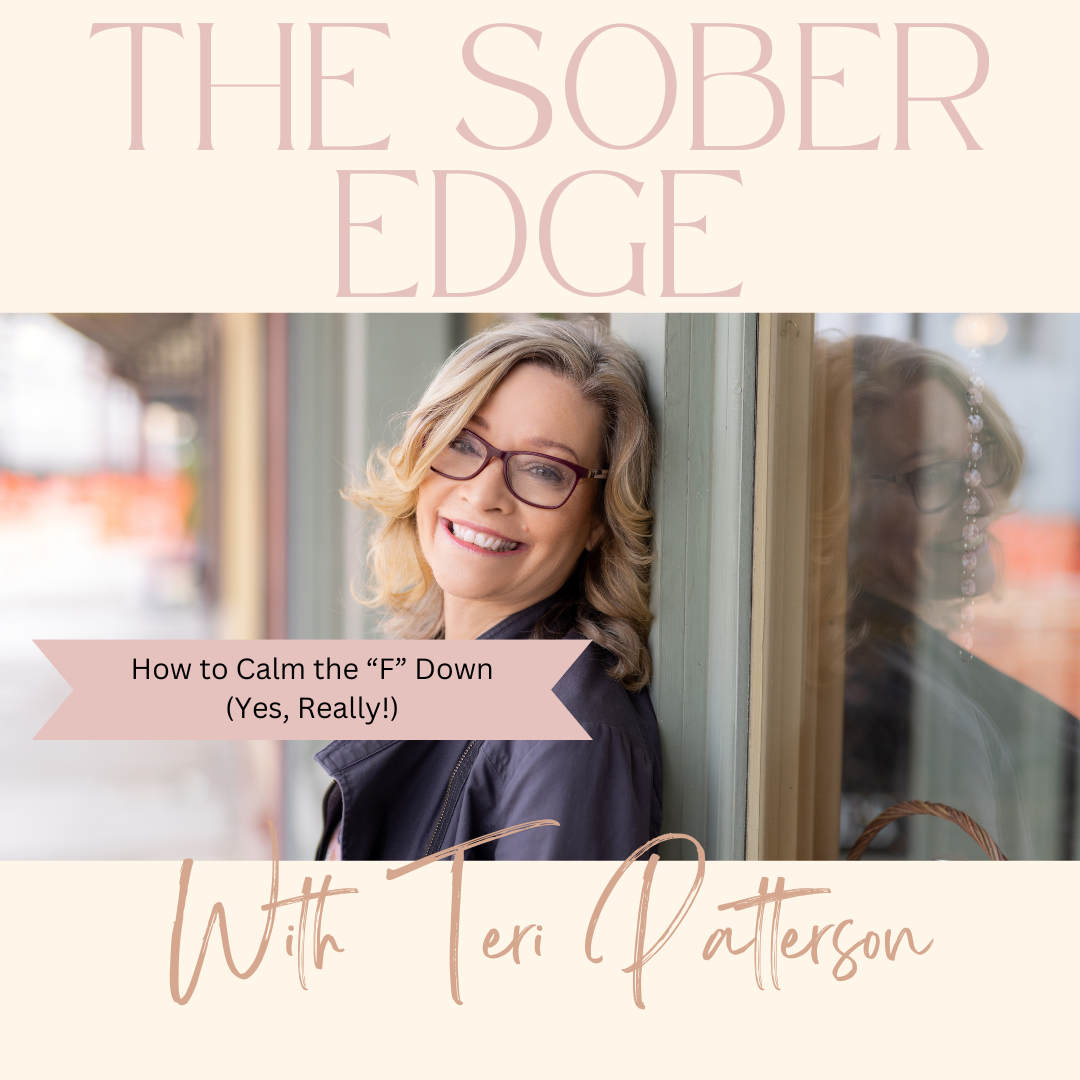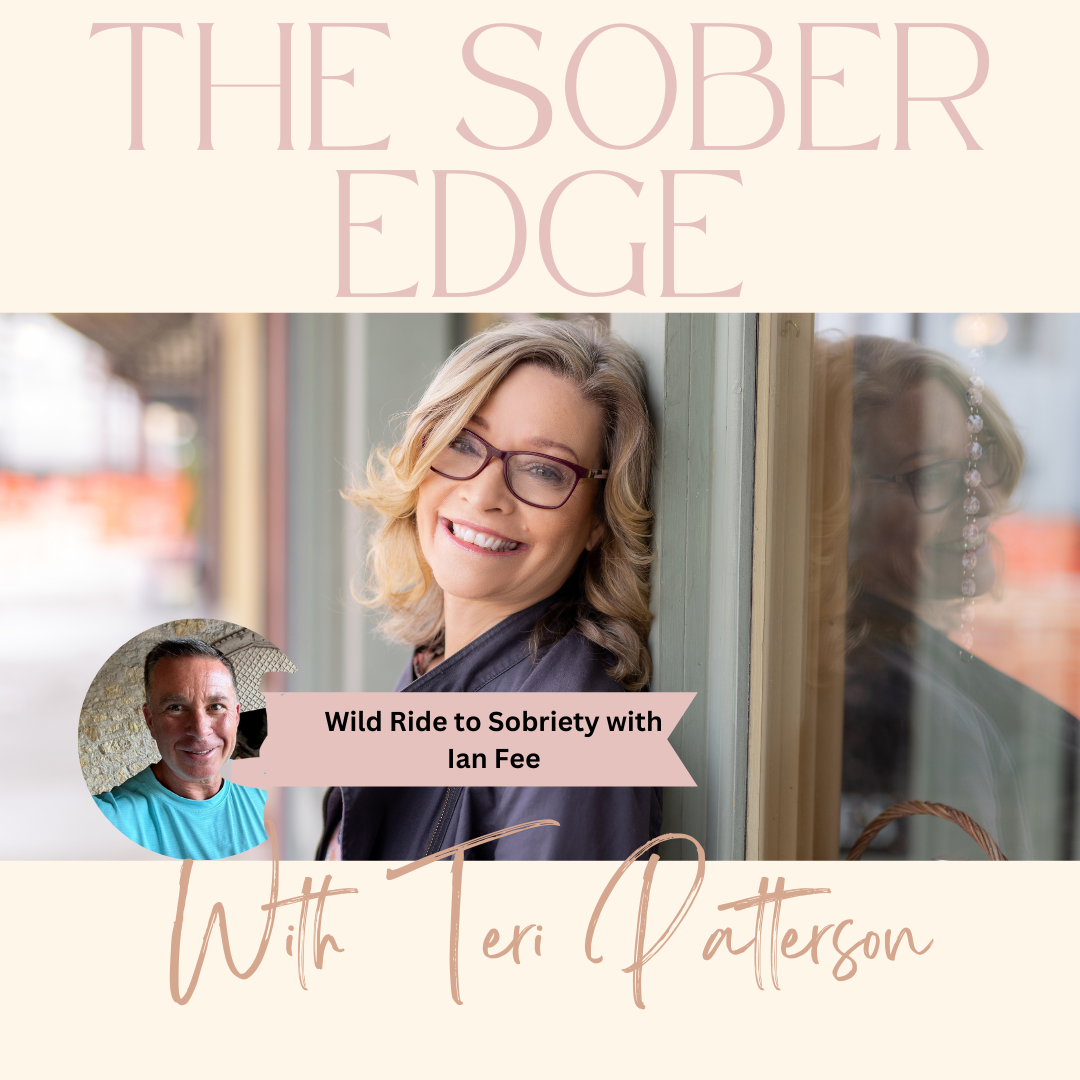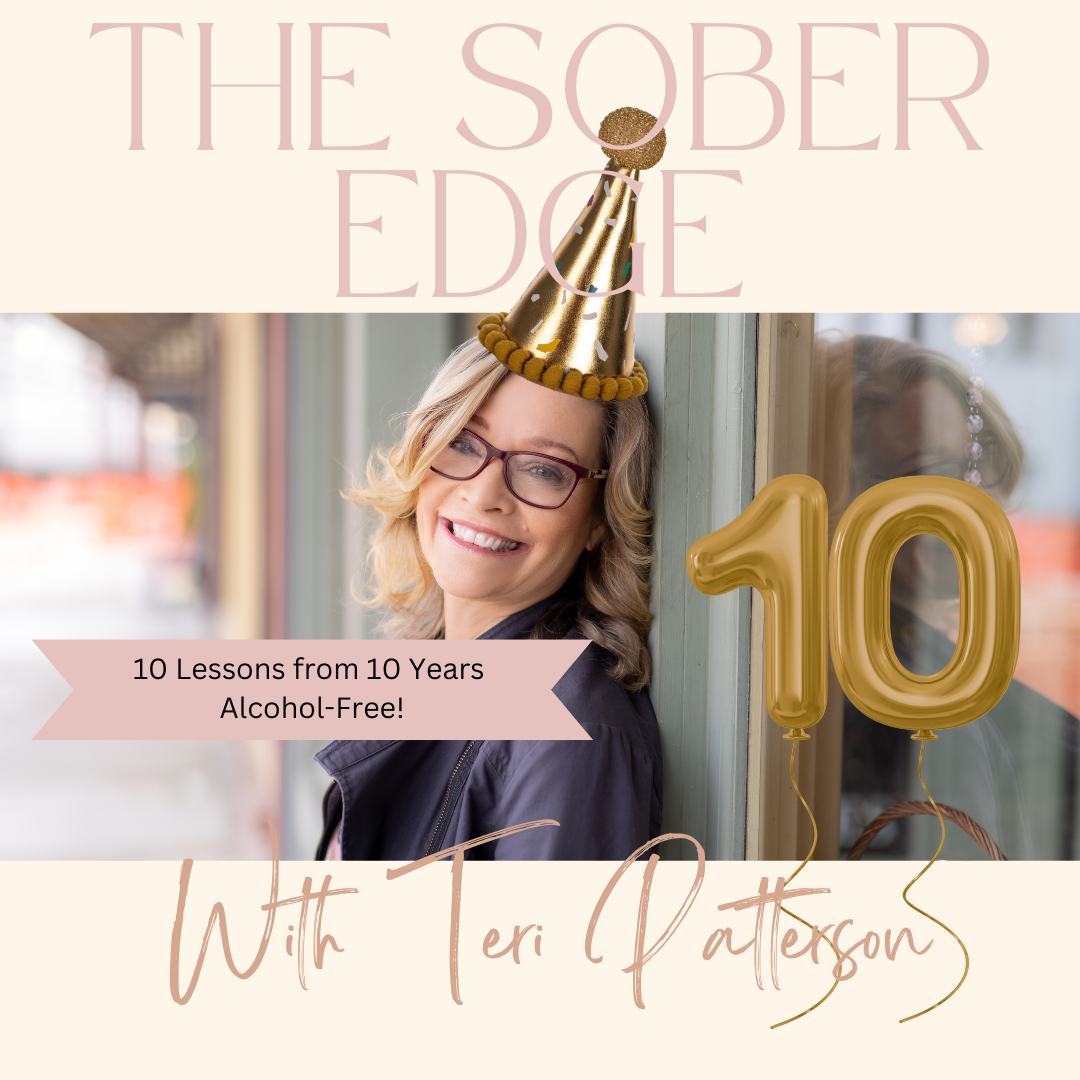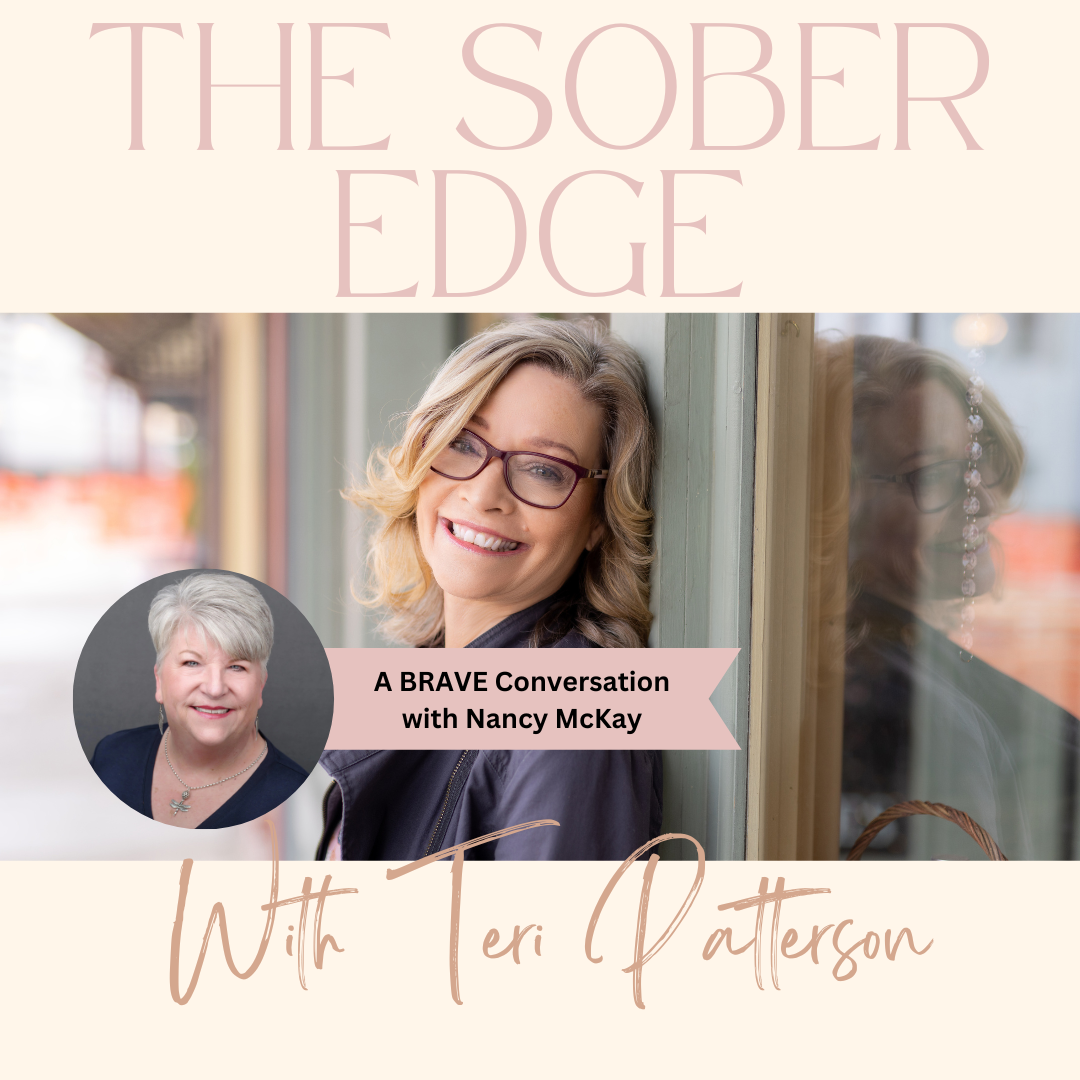Is Drinking More than a Habit?
The short answer is yes, but because drinking falls into a habitual pattern, we want to harness the power of habits and breaking habits as part of our toolkit.
From the work of Charles Duhigg we find that all habits follow a predictable pattern; cue, routine, reward.
When it comes to changing our habits around alcohol, we first want to find the cue. It can be person, place, time or thing. . Once we have identified the cue, we have some options of changing the routine, or changing the reward. By interrupting the routine, the reward changes. Neuroscientists have traced our habit-making behaviors to a part of the brain called the basal ganglia, which also plays a key role in the development of emotions, memories and pattern recognition. Decisions, meanwhile, are made in a different part of the brain called the prefrontal cortex. But as soon as a behavior becomes automatic, the decision-making part of your brain goes into a sleep mode of sorts. This is exactly why people might find themselves pouring themselves a drink without any conscious thought.
The other part of the habit loop is awareness. Changing our relationship with alcohol always requires awareness – awareness about the reasons we drink, when we drink, how we feel when we drink. You can see that this aligns with noticing the cue, routine, reward pattern. The work of Dr. Jud Brewer on cravings also focuses on ‘high value’ rewards. In this video, he helps us understand the meaning we make about the ‘value’ of drinking. When we evaluate the pros and cons of drinking we want to be mindful that we are focused on the present. If we are stuck believing that alcohol helps us socialize, it might be helpful to make sure it is a current belief and not one left over from that awkward high school dance.
And beyond habits, alcohol also creates a reaction by releasing a number of chemicals into the blood stream and by altering our response time to stimuli. This is beyond a ‘habit’. We also find that alcohol is touted as a legal and even necessary way to cut loose or reward ourselves. And, let’s not forget that alcohol builds a tolerance to itself which is part of it’s addictive properties. All of this put together means we must address alcohol as more than ‘just a habit’.
We can now take a multi-pronged approach to breaking up with booze. And that, is a reward worth celebrating!
Wait List for my new program: Quit drinking in your 50’s and beyond!
Watch this video by Dr. Jud Brewer about habits
